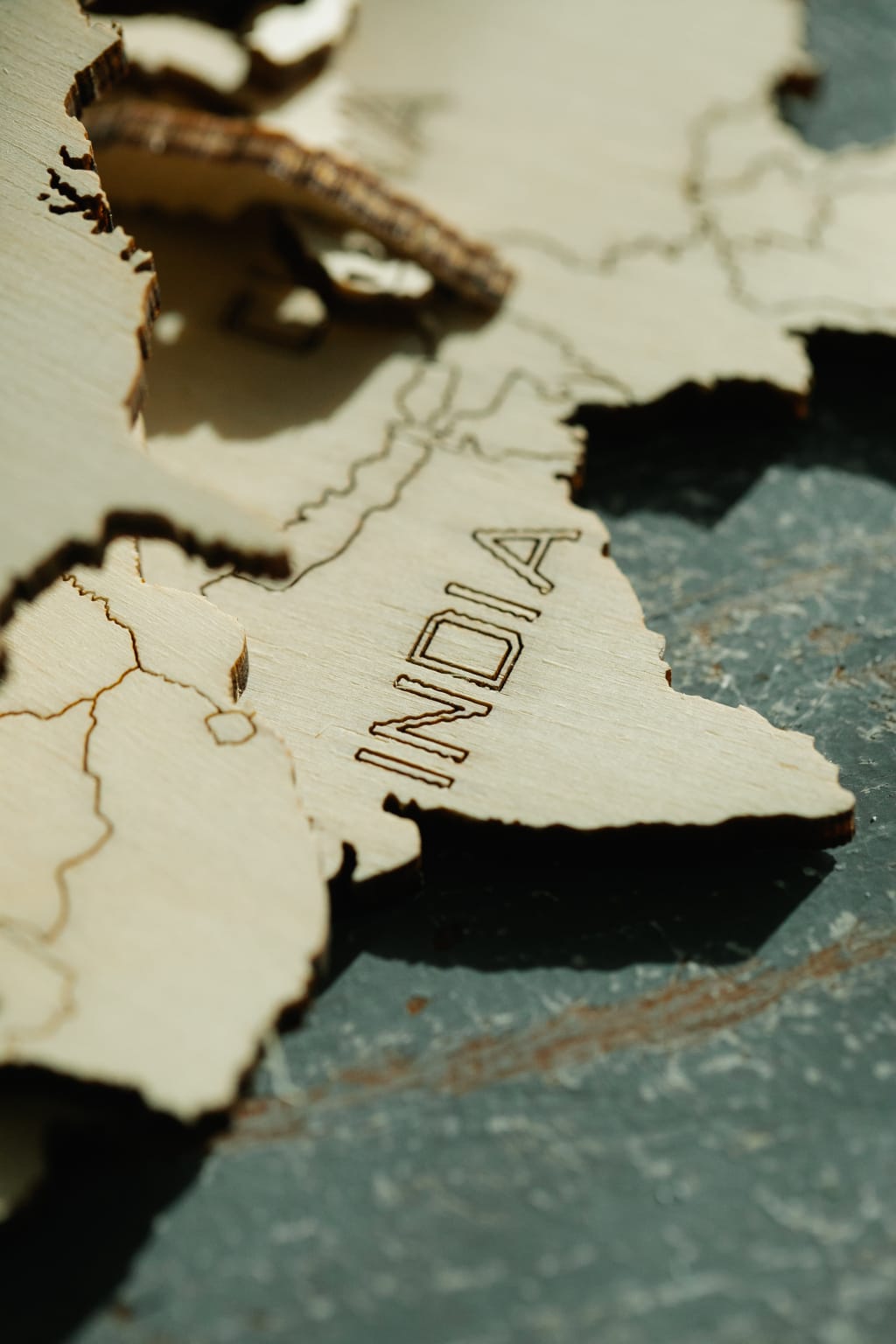Exploring the Rich Tapestry of Indian Culture
The Enriching Legacy of India's Cultural Heritage

India, a land of ancient traditions and diverse customs, boasts a cultural heritage that is as vast and varied as the country itself. With a history spanning millennia, Indian culture is a tapestry of art, music, spirituality, festivals, and a way of life deeply rooted in its people. In this essay, we will embark on a journey to explore the vibrant and multifaceted facets of Indian culture.
I. Cultural Diversity: The Unity in Plurality
India's greatest cultural strength is its diversity. The country is a melting pot of languages, religions, ethnicities, and traditions. From the snowy peaks of the Himalayas to the tropical shores of Kerala, every region has its unique customs and flavors. This diversity is a testament to the coexistence of different cultures, creating a rich and harmonious tapestry.
II. Spirituality and Religion: The Soul of India
Religion plays a significant role in the lives of Indians. Hinduism, Buddhism, Jainism, Sikhism, Islam, Christianity, and many other religions find their followers in this land. The spiritual ethos of India, often referred to as the "spiritual supermarket," is a place where seekers can explore various paths to divine realization.
III. Festivals: A Riot of Colors and Celebrations
Indian festivals are renowned for their exuberance and diversity. Diwali, the festival of lights, symbolizes the triumph of light over darkness and good over evil. Holi, the festival of colors, celebrates the arrival of spring with playful color-throwing and dancing. Eid, Christmas, and other religious festivals are celebrated with equal fervor, transcending religious boundaries.
IV. Cuisine: A Culinary Adventure
Indian cuisine is a culinary treasure trove, with each region offering a unique blend of flavors and ingredients. From the spicy curries of the south to the delectable sweets of the north, Indian food is a sensory experience like no other. The use of aromatic spices like cardamom, cumin, and coriander infuse dishes with rich flavors.
V. Art and Architecture: Aesthetic Grandeur
Indian art and architecture showcase a blend of historical and cultural influences. The intricate carvings of temples like Khajuraho and Konark, the majestic beauty of the Taj Mahal, and the detailed miniature paintings of Rajasthan are all testaments to India's artistic brilliance. The country's heritage sites, like Hampi and Ellora, take us on a journey through time.
VI. Clothing: Tradition Meets Modernity
Indian clothing reflects the country's rich cultural diversity. Traditional attire, like the saree, dhoti, and kurta, coexists with Western clothing in a seamless blend of tradition and modernity. The vibrant colors, intricate embroidery, and luxurious fabrics of Indian clothing make them a global fashion statement.
VII. Music and Dance: A Rhythmic Melody
Indian music and dance are deeply rooted in cultural storytelling. Classical music forms, such as Hindustani and Carnatic, are characterized by intricate melodies and rhythms. Classical dance forms like Bharatanatyam, Kathak, and Odissi are visual expressions of India's rich mythology and history.
VIII. Language: A Multilingual Mosaic
India is a linguistic kaleidoscope, with over 1,600 languages spoken across the country. Hindi, in the Devanagari script, serves as the official language, but each state has its own language(s). English is widely spoken and is a unifying factor in India's linguistic diversity.
IX. Family and Social Values: Bonds that Bind
Family holds immense importance in Indian culture. Extended families often live together, and respect for elders is a fundamental value. Traditional customs, like arranged marriages, continue to coexist with modern dating and marital practices. The family is the nucleus of Indian society.
X. Yoga and Ayurveda: The Science of Well-being
India has given the world the gift of yoga and Ayurveda. Yoga, a physical, mental, and spiritual practice, is embraced worldwide for its holistic benefits. Ayurveda, the ancient system of natural healing, emphasizes balance and harmony with nature for overall well-being.
Conclusion: A Culture That Enriches Humanity
In conclusion, Indian culture is a mosaic of traditions, spirituality, artistry, and diversity. It is a culture that continues to evolve while staying deeply rooted in its ancient wisdom. India's cultural heritage is not just a source of pride for its people but also a treasure trove for humanity, offering valuable insights into the beauty of unity in diversity. As we explore the multifaceted facets of Indian culture, we are reminded that it is not just a culture but a way of life that enriches our understanding of the world and ourselves.





Comments
There are no comments for this story
Be the first to respond and start the conversation.